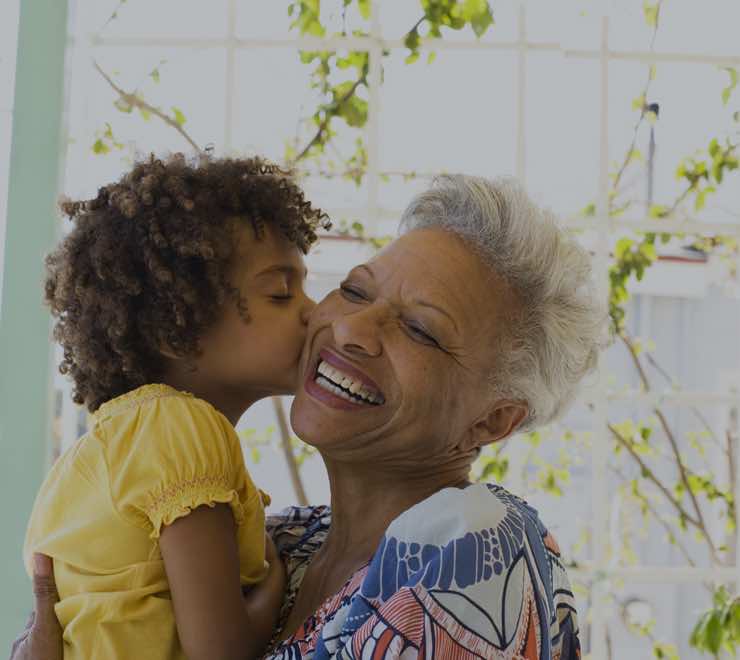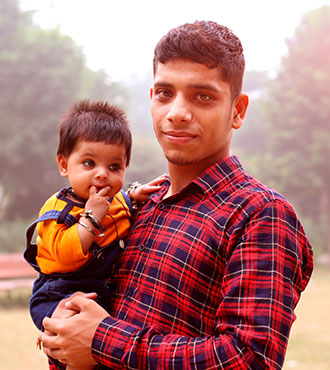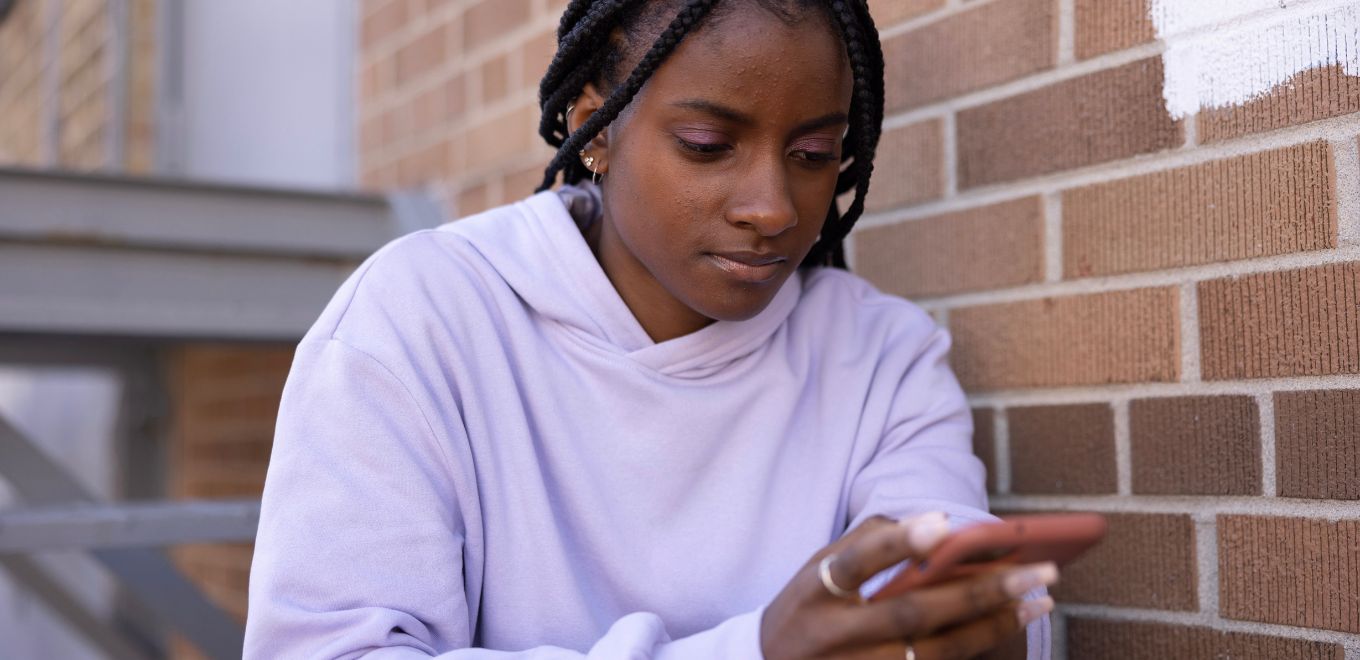Separation and divorce are common — almost half of all marriages end in divorce. Even if you know lots of people whose parents/guardians/caregivers are divorced, it can still be upsetting if it happens to your family.
If your parents/guardians/caregivers are divorcing or have divorced, you may have mixed emotions. You may feel these emotions right away or not until much later. Your feelings about the divorce may come and go and may get worse depending on what else is going on in your life. For example:
- Not everyone shares why they’re separating, which can be confusing. Others say hurtful things about each other. If you’re confused, or caught in the middle, it may be helpful to tell them how you’re feeling.
- A lot of kids feel guilty because they think the divorce is their fault. You may find yourself thinking things like, “If only I didn’t argue with them, they would still be together.” But the truth is that kids don’t cause their parents/guardians/caregivers to divorce — people divorce because of problems with their relationship.
- You may feel relieved if your parents/guardians/caregivers are divorcing, especially if they fought all the time. It’s OK to feel this way, even if you want your family to stay together. They may feel happier and get along better if they live apart.
Divorce causes many changes in a family. You may find these common changes upsetting:
- missing the good times your family had together
- feeling sad about the good times your family won’t have together in the future
- feeling angry at one or both of your parents for breaking up your family or for not trying hard enough to save their marriage
- not seeing your family together every day
- having to choose who to live with
- missing your friends, neighbourhood, house or school if you have to move
- having to switch schools and make new friends if you have to move
- worrying about whether your family will have enough money
- worrying about other family members who are upset
- worrying about how much your life is going to change
Things you can do
Your parents will probably make the big decisions about how your lives are going to change, but they may want your input. Tell them about your worries and ask how you can work together to make things as easy as possible.
To help yourself cope, you may also want to:
- write (a journal, poetry, letters to your parents, etc.)
- do something artistic (painting, drawing, photography, etc.)
- sing, dance or make music
- get active (basketball, swimming, running, biking, etc.)
- talk to other kids whose parents have divorced
- talk to someone you trust (teacher, school counsellor, another family member)
Although you may feel upset about the divorce for a while, it’s possible to have happy family moments again. As you get used to your new family life, you may even become closer to your parents. Many young people find that they develop a unique relationship with each of their parents.
If your parents share custody, you may enjoy setting up a room for yourself in each of your parents’ homes. Many families develop new traditions around holidays that can be fun and meaningful.




















